
HELLO…HERE IS MY LATEST BOOK!
Present at Creation: The Making of Internet Treaties (1996)
Present at Creation: The Making of Internet Treaties (1996) is a negotiation history of the Conference and brings out how the Treaties came into being.
Copyright © 2022 R.V. Vaidyanatha Ayyar.
This book is covered by Creative Commons Attribution – NonCommercial 4.0(CC BY-NC 4.0 license (details of the license).
Contact author at [email protected]
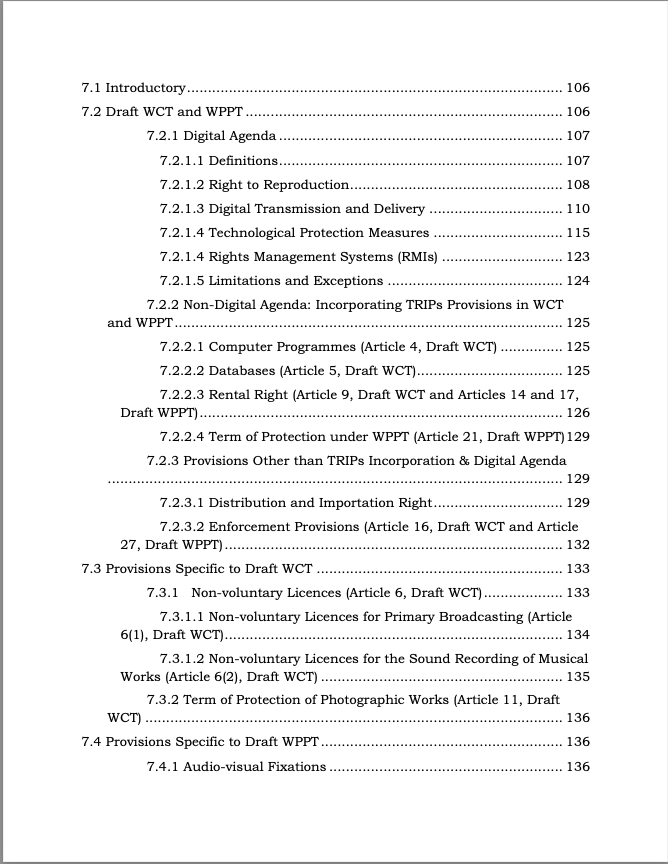
Chapter Preview
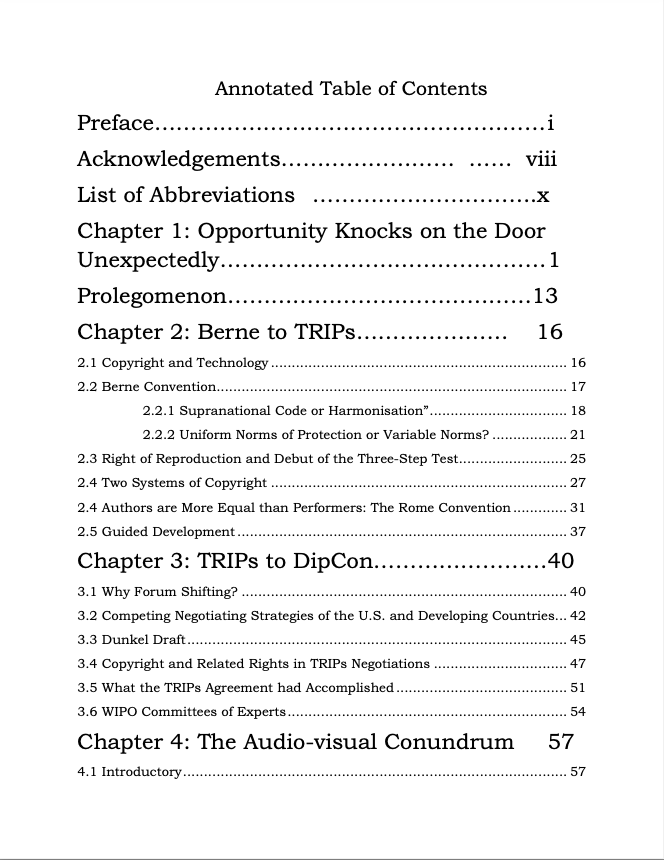
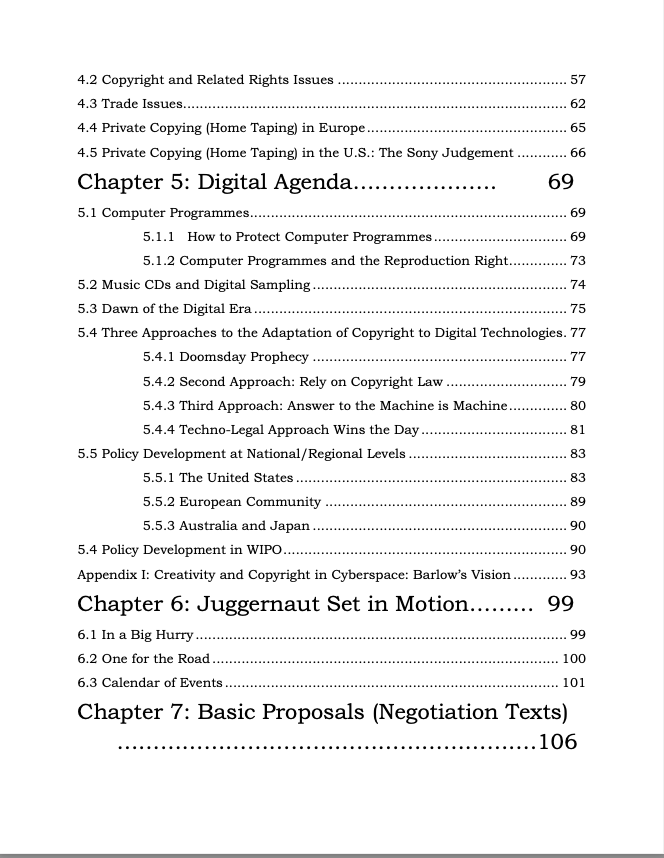
Other books by the author

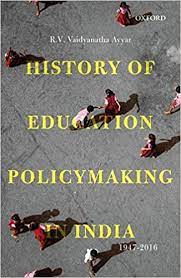
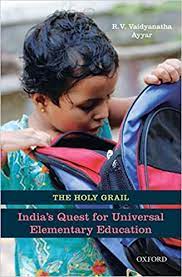
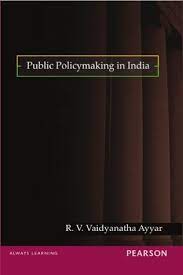
Gallery

ABOUT THE AUTHOR
RV VAIDYANTHA AYYAR
R.V. Vaidyanatha Ayyar was a member of the Indian Administrative Service (1966-2003) and Secretary to Government of India in the Ministries of Culture (1997-2001) and Human Resource Development (2001-2003). He has rich and varied experience in policy and program development and implementation particularly in the areas of education and culture, has several policy and program innovations to his credit, has extensive experience of dealing with a variety of international organizations and had negotiated many agreements in a number of fields. Dr. Ayyar had extensively explored the interface of law, education, culture, technology and economics. Among others, he led the Indian delegation to the historic WIPO Diplomatic Conference (1996) which concluded the Internet Treaties; he was also the Chairman of the Drafting Committee of that Conference. After superannuation from the government, he took to teaching policy praxis at the Indian Institute of Management, Bangalore as a Visiting Professor (2003-2009). From 2010, he had taken to writing, and had so far published three books: Public Policymaking in India (Pearson Longman, 2009), The Holy Grail: India’s Quest for Universal Elementary Education (Oxford University Press (OUP), 2016) and History of Education Policymaking in India, 1947-2016 (OUP),
n
Interview by Medha (author’s granddaughter)
How was your childhood?
I grew up in a town in South India. My parents were very very loving and caring. They were very particular that I had a good education.They were not the very religious type but they gave me many values like to be very caring, study very hard, and do stuff for not only myself but also others. The high school was right next to our house. Literally separated by a wall. So I used to come and go. I was very young compared to my classmates because I skipped many years. From there, I went to college, then University. I started as an honors student, then did graduate education, then I did my PhD. As a whole, I have very fond memories of my student days.
What did you want to be when you were little? What changed?
In those days, I didn’t have that many aspirations I just had to study with not a particular thing in mind. In University, I knew I wanted to pursue a research career. In my graduate education, I did research. But at that time in India, the openings for research scientists was rather limited so I joined what was known as the civil services which was a very prestigious thing. It was all the top administrative jobs in the central government. But it was a very tough exam. In those days, about 100,000 compete for the job and about 100 are selected. It is a very bright and promising career.
What obstacles did you face? Did you ever feel like giving up?
There were two things. In big cities or national capitals you have access to institutions that could train you. Coming from a small town, I didn’t have that opportunity. The second thing is I come from a very modest family. I was the first in my family to get a formal education; my parents didn’t get that. So in that way, I had to figure it out all on my own which was difficult.
What were your favorite things about your job?
I could be with lots of personalities. Artistic personalities, maestros. Everyday I could go to theater or art performances and it was all part of my job. There were opportunities to see a variety of performances. It broadened my view and made the world seem so big. I got to see cultures and art from not only India, but the whole world. I got to travel to many different places and it was all part of my job. It is as if everyday you could go to the Symphony Orchestra or a different performance. It didn’t feel like a job. It was a feast for the eyes and a feast for the mind.




